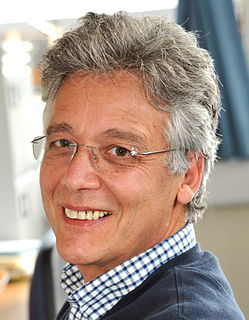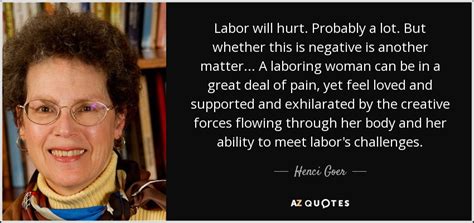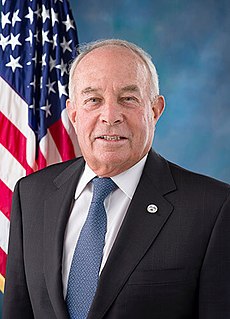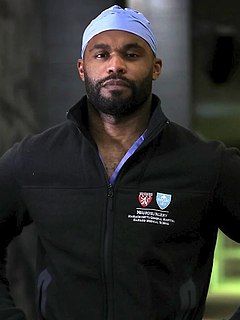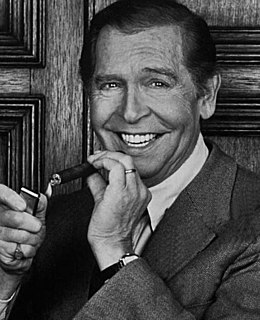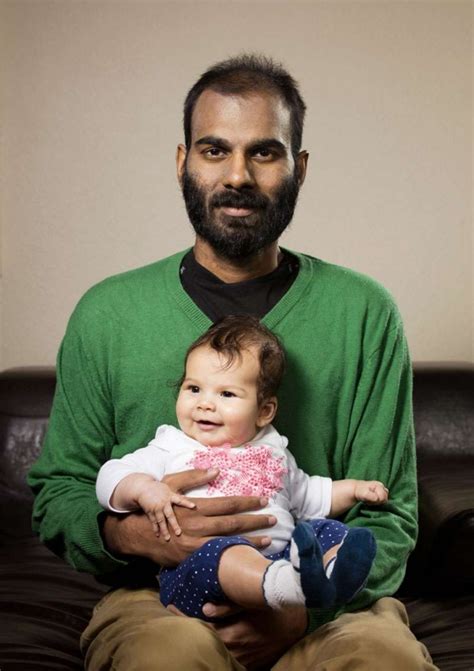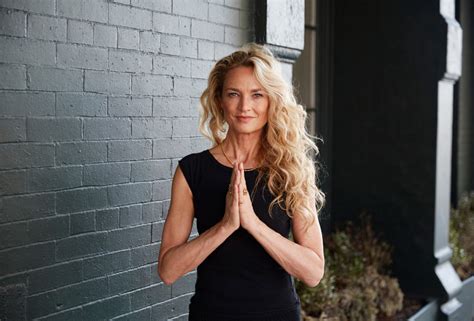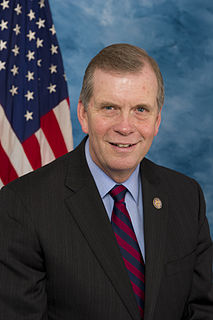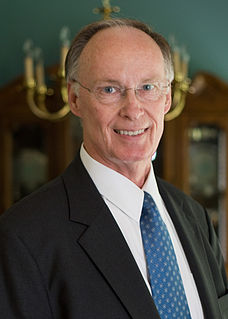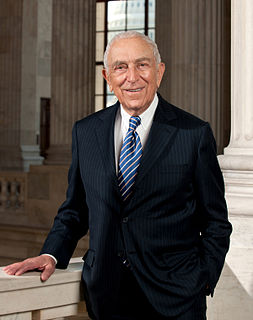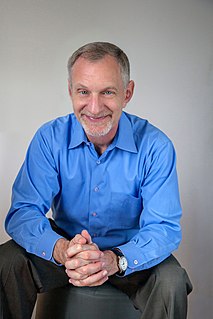Top 1200 Doctors And Patients Quotes & Sayings
Explore popular Doctors And Patients quotes.
Last updated on November 28, 2024.
Part of what motivated my writing was anger. I was angry that the daily misery of doctors, nurses, and patients was being trivialised into soap opera. We were made to feel bad because we were not perfect like our television counterparts. We were resentful that our patients did not get better as quickly as they did on telly - or at all.
I think doctors are really suffering now. They're suffering in the sense that they feel torn between serving their patients in the best way they can and dealing with all of requirements of the insurance companies and the HMOs and the hassles and the paper work and the increasing pressures to do less and less for their patients.
Vague promises of savings from cutting waste, enhancing prevention and wellness, installing electronic medical records and improving quality are merely ‘lipstick’ cost control, more for show and public relations than for true change... Savings will require changing how doctors think about their patients: Doctors take the Hippocratic Oath too seriously, “as an imperative to do everything for the patient regardless of the cost or effects on others.
Because of the war on drugs, pain patients are treated with skepticism and pain doctors live in fear of being prosecuted for overprescribing. The end result is that addicts still get their opioids without much trouble, while genuine patients often can't find treatment. Those who do must typically be tracked in a database and must schedule frequent, expensive doctor visits for surveillance like urine testing.
We sometimes think that the best doctors are the ones who have the most specialized knowledge or the fanciest degrees, but in fact, study upon study, including one published in the 'New England Journal of Medicine,' show that the best doctors are the ones who also know how to connect with their patients.
Treating only terminal cancer patients, the Rand (anti-cancer) vaccine produced objective improvement in 35% of 600 patients while another 30% demonstrated subjective improvement. FDA stopped the vaccine's use in a federal court hearing where neither the cancer patients nor their doctors were allowed to testify.
The doctor begins to lose freedoms; it's like telling a lie, and one leads to another. First you decide that the doctor can have so many patients. They are equally divided among the various doctors by the government. But then the doctors aren't equally divided geographically, so a doctor decides he wants to practice in one town and the government has to say to him you can't live in that town, they already have enough doctors. You have to go someplace else. And from here it is only a short step to dictating where he will go.
Reluctant doctors like to believe that they haven't much influence over their patients, but that is clearly not the case. Several studies have found that when doctors genuinely encouraged women to have VBACs, most of them did, and when they said nothing or acted neutral, most women didn't. Finally, when obstetricians discouraged VBAC in women who wanted to try it, none of them did.
I am a spiritual person. I'm a Catholic. I treat my patients, the dead patients, as live patients. I believe there is life after death. And I talk to my patients. I talk to them, not loudly but quietly in my heart when I look at them. Before I do an autopsy, I must have a visual contact with the face.
Doctors should recognise the importance of the five human values; Truth, righteousness, Peace, Love and Non-violence. Love is the basis for all the other values. Doctors can infuse courage in patients by the love they show towards the patients. If doctors carry out their duties with love they will be crowned with success.
People and organizations other than doctors increasingly are assuming power to decide which medications to prescribe or procedures to undertake. More and more, decisions about personal healthcare are no longer made by the treating physicians in consultation with their patients, and based on the doctors' expertise.



